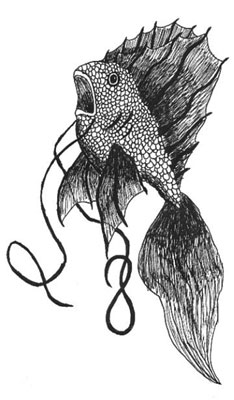All Nonfiction
- Bullying
- Books
- Academic
- Author Interviews
- Celebrity interviews
- College Articles
- College Essays
- Educator of the Year
- Heroes
- Interviews
- Memoir
- Personal Experience
- Sports
- Travel & Culture
All Opinions
- Bullying
- Current Events / Politics
- Discrimination
- Drugs / Alcohol / Smoking
- Entertainment / Celebrities
- Environment
- Love / Relationships
- Movies / Music / TV
- Pop Culture / Trends
- School / College
- Social Issues / Civics
- Spirituality / Religion
- Sports / Hobbies
All Hot Topics
- Bullying
- Community Service
- Environment
- Health
- Letters to the Editor
- Pride & Prejudice
- What Matters
- Back
Summer Guide
- Program Links
- Program Reviews
- Back
College Guide
- College Links
- College Reviews
- College Essays
- College Articles
- Back
On Walt Witman's "As I Ponder'd in Silence"
The poem, As I Ponder’d in Silence by Walt Whitman, is a free-verse poem in which the writer, Walt Whitman, attempts to make a connection between his works and those of epics by listing the essential elements of an epic and claiming to the “Phantom” of epic poets that his works rival those of epics.
The poem opens to find Whitman reflecting over his previous poems (“Returning upon my poems…” (1: 2)) as the Phantom of epic verses appears before him (“A Phantom arose before me…” (1: 3)), questioning his verses with the beliefs that they are not worthy of being compared to the great epics of old with an older language of poetry; however, as the poem shifts to the second and final stanza, the language takes a turn to modern language in an attempt to link the modern and old language.
As Whitman speaks to the apparition, it gives him details of the components for an epic poem. The apparition’s belief is that epics are used in order to transcribe the fortunes of war; however, Whitman counters that belief with his own by stating: “For life and death—for the Body, and for the eternal soul.” When he states: “Lo! I too am come, chanting the chant of battles,/ I, above all, promote brave soldiers.” (2: 21-22) It states his belief that war is fought merely for life and death, nothing more, and, in addition to that, he claims that his poems are worthy of chanting the stories of brave soldiers and warriors like the epics of old; however, he is not going to portray them as perfect due to the fact that humanity is flawed.
In essence, the poem conveys the theme that humanity is flawed in the subjects of war, and, for this, Whitman will continue to portray humans as they are, with all of their immaculate imperfections.

Similar Articles
JOIN THE DISCUSSION
This article has 0 comments.
